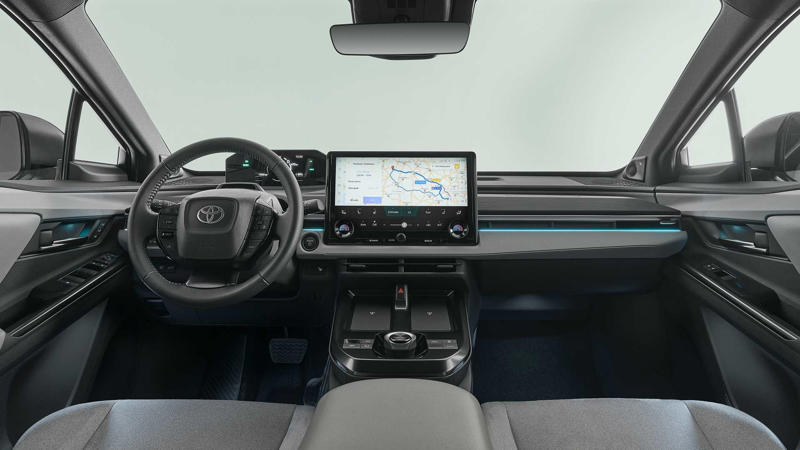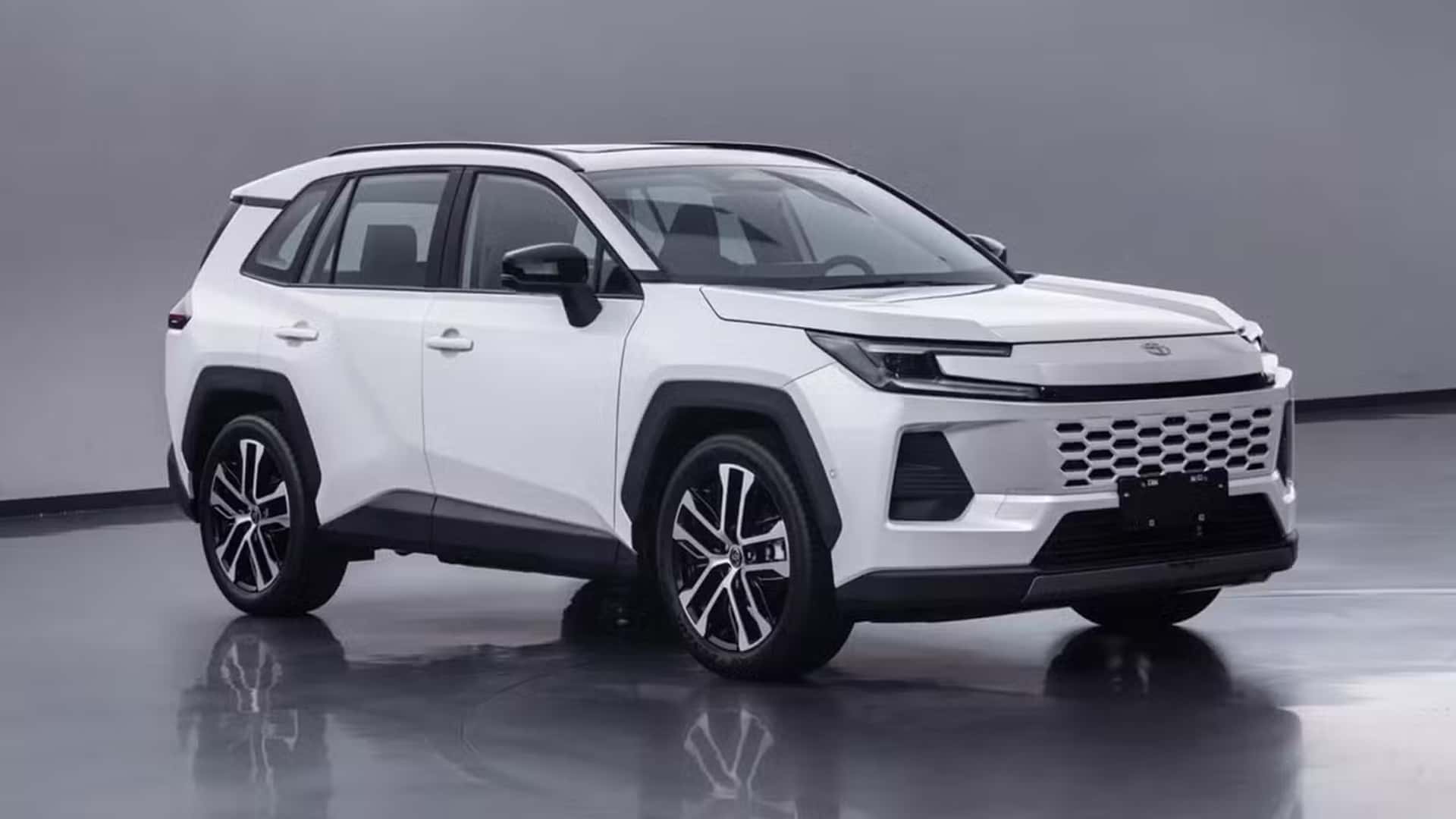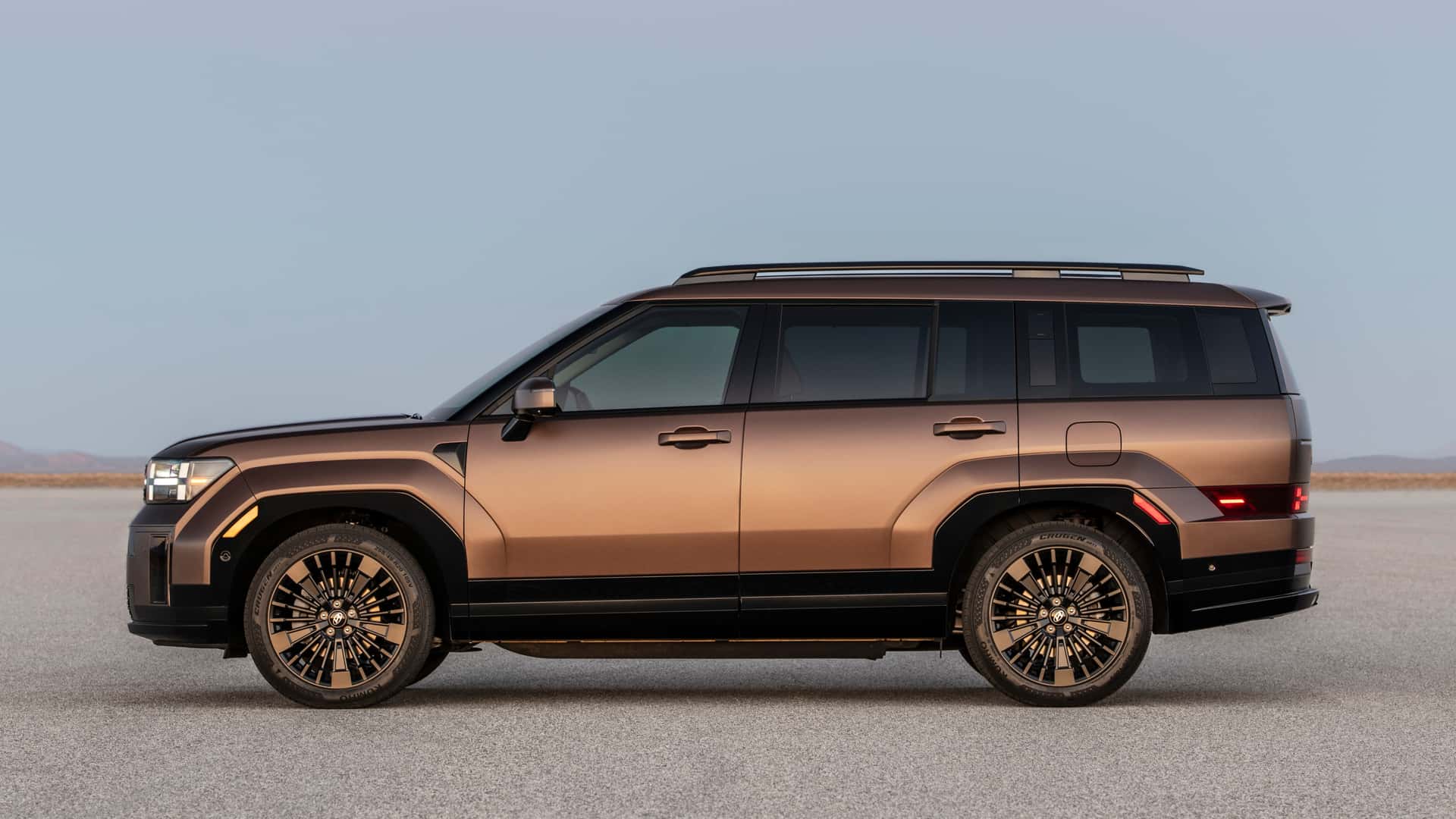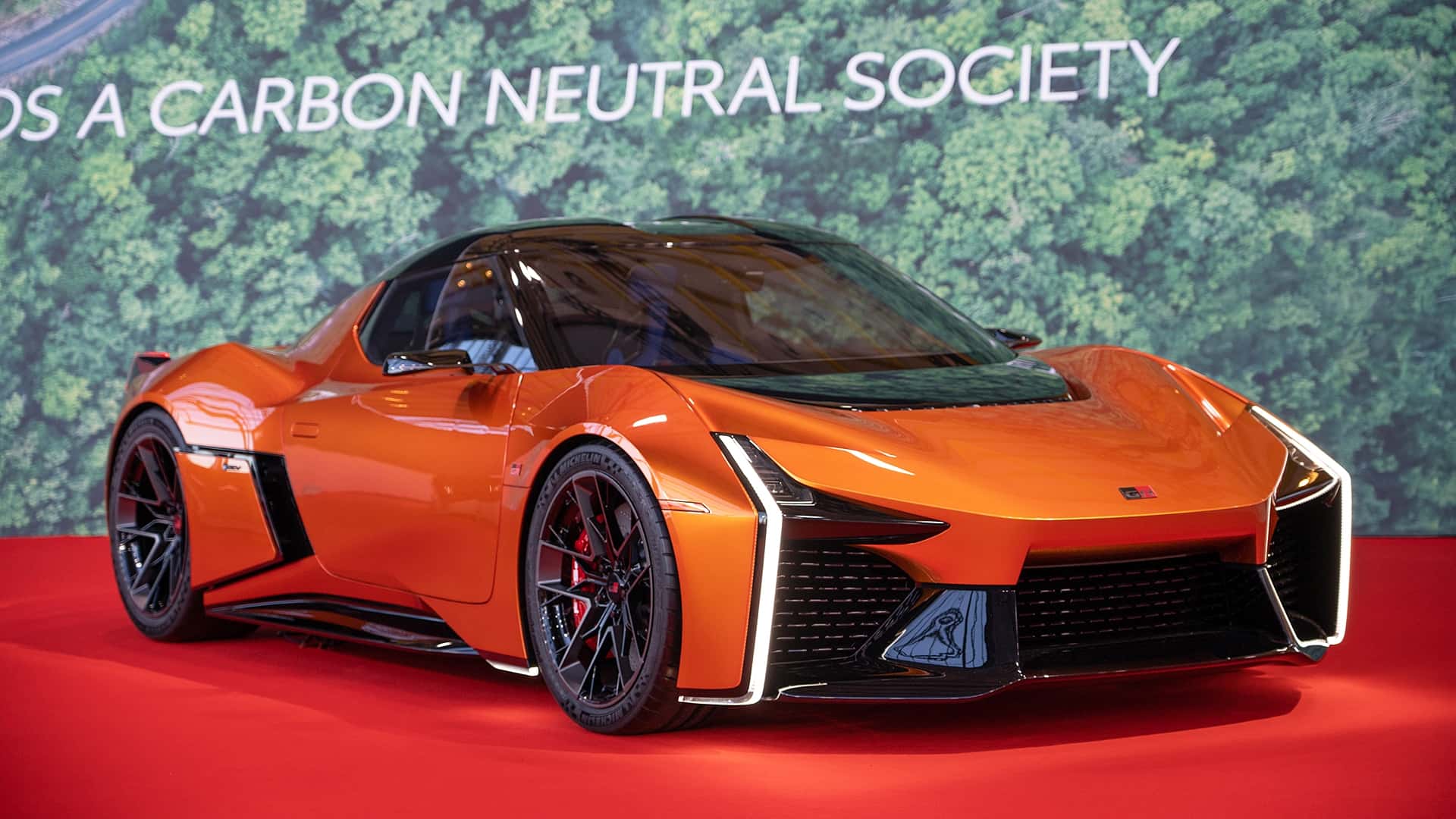The Electric Toyota C-HR+ Fixes All Of The bZ4X's Wrongs
Toyota builds a variety of electrified vehicles, but while some of its technology is top-notch – as evidenced by the fantastic Prius hybrid and Prius Prime PHEV – others just can't keep up. The bZ4X, for example, lags behind much of its competition in range, driving dynamics, and even ergonomics. However, Toyota seems keen to change its EV reputation, and it's bringing back an old nameplate to do so. Enter the C-HR+, a battery-electric compact SUV that will boast up 343 horsepower and 373 miles in WLTP range testing.
Compact Crossover Shape, Near-Supra Speed
The second-generation C-HR (which isn't sold in America) looks very little like the C-HR+, whose 108.3-inch wheelbase is 4.4 inches longer than that of the gas-powered subcompact crossover. Between the axles will lie one of two batteries, either a 57.7-kilowatt-hour unit or one with 77.0 kWh of capacity. The entry-level battery will offer front-wheel drive only, with 167 hp that should be good enough for urban duty. Those with a thirst for power will want the larger battery, whose standard front-drive layout makes a healthier 224 hp, while the dual-motor all-wheel drive variant will kick out a surprising 343 horses.

2026 Toyota C-HR+ Debut 2
That amount of power makes the C-HR+ one of the most powerful production cars Toyota has ever offered, with only a little less grunt than the 382-hp GR Supra 3.0 and quite a bit more than the now-discontinued 255-hp GR Supra 2.0. As such, don't be surprised when you learn the automaker estimates its most powerful compact EV crossover will hit 62 miles per hour in 5.2 seconds, a number that will come as a shock to any American who drove the sluggish internal-combustion C-HR last sold here in 2022.
Fixing (Almost) Everything That's Wrong With The bZ4X
Among our highest complaints for the bZ4X is its unimpressive range and equally tepid charging speeds. The C-HR+ will change that, boasting a Toyota-claimed 600 kilometers (373 miles) of range on the WLTP standard when equipped with the larger battery pack. That eclipses the bZ4X's 331 miles of WLTP range, which translates in EPA testing to just 241 miles. That means that if the C-HR+ ever comes to the US, we could probably expect it to hit around 300 miles even in EPA testing.

2026 Toyota C-HR+ Interior 1
The C-HR+ will also accept a DC fast charge at a maximum rate of 150 kilowatts, a number that unfortunately matches the unimpressive bZ4X. However, connected to an AC charger, the compact Toyota EV has a standard 11-kilowatt onboard charger – a heady improvement over the 6.6-kilowatt unit for the bZ. Furthermore, the C-HR+ also offers an optional 22-kilowatt upgrade, which should shorten at-home charging times to five or six hours.
Finally, the newest Toyota EV looks quite a bit more appealing than its bigger sibling, with a low, sleek nose that recalls the Toyota Crown Sport crossover, itself a convincing ape of the Ferrari Purosangue. The C-HR+ also has a low roofline that Toyota mercifully avoids calling a "four-door coupe," which dovetails into a steeply raked rear window and appealing ducktail spoiler. Pronounced front and rear fenders bookend lower windowsills, which work with the long wheelbase to give the crossover a planted, purposeful stance. And the narrow front and rear lighting elements have a futuristic, vaporwave vibe, giving the C-HR+ a look like a vision of the future (from the 1990s).

Toyota Europe
No Word On US Sales, Unfortunately
Information on the Toyota C-HR+ comes by way of the company's European pressroom, and the compact crossover's absence on the American site feels like a conspicuous choice. Toyota did confirm that select markets in Europe will see the C-HR+ on the road in late 2025, helping the automaker compete with the likes of the Volvo EX30 and Skoda Enyaq. Pricing has yet to be announced, but given Toyota is positioning the C-HR+ underneath the bZ4X, plan on it costing around $35,000 when converted from local currency.
We certainly hope that Toyota can find a reason to import the electrified C-HR+ to the American market in the future. The company desperately needs an EV win if it wants to remain relevant against the inexpensive Chevrolet Equinox EV and forthcoming Kia EV4. Although we wish its fast-charging capabilities were more modern, the Toyota C-HR+ looks like it could be good enough to make us reconsider a Prius purchase if we wanted an electrified Toyota.










































